
Praise for New Kings of the World
A probing look at some of the shifting tides of global culture Witty and packed with detail, this is an intercultural shot that should be heard around the world.
Kirkus Reviews
A delight, a must-read. Fatima Bhutto is the modern renaissance woman: after a searing memoir and an exploration of ISIS brides, she turns her diagonal gaze across global pop culture, away from and beyond the lingua franca of English. The result is as effervescent as her subject matter: a hilarious and intelligent understanding of pop as primal need in contemporary life from Peshawar to Istanbul, Seoul to Limareplete with characters, differences, and common rip-tidesand of the global economy that creates, and manipulates, that need.
Ed Vulliamy
Fatima Bhutto is one of the most stylish, thoughtful writers in the world today. This book will make you gurgle with cultural pleasure.
Johann Hari
Bhutto carefully dissects the guts of our popular culture Essential to understand the soul of our times.
Ece Temelkuran
Praise for The Runaways
Highly topical The Runaways offers an unflinching look at the key subjects of our time and the riveting story of three memorable characters.
Financial Times
Every page of this is priceless.
Gary Shteyngart
This is a bold and probing novel, from a writer strikingly alert to something small and true.
The Guardian
Praise for The Shadow of the Crescent Moon
[An] elegant dbut Bhutto delineates the politics of this cruel battlefield in stark, sinewy prose Out of this bleakness come moments of singular beauty.
The New Yorker
Bhutto works with the delicacy of a poet and the prime-time urgency of a front-line correspondent in order to capture these tortured cries of her beloved country.
NPRs All Things Considered
The Shadow of the Crescent Moon complicates all the expected narratives of the war on terror Engrossing.
The Wall Street Journal
Praise for Songs of Blood and Sword: A Daughters Memoir
Moving, witty a uniquely fascinating, wonderfully well-constructed memoir.
William Dalrymple
An important and timely book offering a rare insight into the violent world of Pakistani politics told by a direct witness.
Sir Bob Geldof
A story with dazzling twists and turns told by a true-blue member of the Bhutto fold.
The Independent
New Kings of the World
Dispatches from Bollywood, Dizi, and K-Pop
New Kings of the World
Dispatches from Bollywood, Dizi, and K-Pop
Fatima Bhutto
COLUMBIA GLOBAL REPORTS
NEW YORK
For my uncle Suhail Sethi, who has watched over me for many years
And forever for the Beloved, who taught me how to see
Published with support from the Andrew W. Mellon Foundation
New Kings of the World
Dispatches from Bollywood, Dizi, and K-Pop
Copyright 2019 by Fatima Bhutto
All rights reserved
Published by Columbia Global Reports
91 Claremont Avenue, Suite 515
New York, NY 10027
globalreports.columbia.edu
facebook.com/columbiaglobalreports
@columbiaGR
Library of Congress Cataloging-in-Publication Data
Names: Bhutto, Fatima, 1982- author.
Title: New kings of the world : dispatches from Bollywood, Dizi, and K-Pop / Fatima Bhutto.
Description: New York : Columbia Global Reports, [2019] | Includes bibliographical references.
Identifiers: LCCN 2019030258 | ISBN 9781733623704 (paperback) | ISBN 9781733623711 (ebook)
Subjects: LCSH: Popular culture--Asia. | Culture and globalization--Asia. | Mass media and culture--Asia. | Asia--Civilization--21st century. | United States--Civilization--1945- | United States--Relations--Asia. | Asia--Relations--United States. | East and West.
Classification: LCC DS12 .B48 2019 | DDC 306.095--dc23
LC record available at https://lccn.loc.gov/2019030258
Book design by Strick&Williams
Map design by Jeffrey L. Ward
Author photograph by Jessie Craig
Printed in the United States of America
In a country, the road to reform travels through culture.
Ayatollah Khomeini
CONTENTS
Warning: This book contains spoilers.
(Persian:  ) is a pejorative Persian term variously translated as Westernized, West-struck-ness, Westoxification, Westitis, Euromania, or Occidentosis.
) is a pejorative Persian term variously translated as Westernized, West-struck-ness, Westoxification, Westitis, Euromania, or Occidentosis.
Introduction
The old city of Peshawar on the AfghanPakistan border was once encircled by sixteen gates. Travelers from the surrounding tribal areas were required to surrender their pistols upon entering the city and abide by an oath to leave before sunset. Kabuli darwaza, one of the famous sixteen, guards the entrance to Qissa Khawani, Peshawars legendary bazaar of storytellers. Long ago, Central Asian merchants and Russian spies visited Qissa Khawani to drink cardamom-spiced green tea and trade stories. Today, the bazaar sells everything from underwear to electronics; unboxed mobile phones, their screens covered by thin films of plastic; and old-fashioned electric heaters with bright orange broiler rods. In late summer, as motorcycles roar through the bazaars narrow lanes, women in long chadors come to buy kharbooza, lifting the yellow melon to smell its perfumed skin. Wires everywhere dangle overhead like a canopy of deadly ivy.
Dilip Kumar, one of Indias earliest film stars, whose real name was Muhammad Yusuf Khan, was born in a small gulley in and many aspiring Muslim starsincluding Meena Kumari, who was born Mahjabeen Bano; Madhubala, nee Mumtaz Jehan Dehlavi; and Dilip Kumarchanged their names in order to avoid being blackballed.
Raj Kapoor, who lived in a family haveli in nearby Dakhi Nalbandi, would go on to become Indian cinemas greatest screen icon in the 1950s and 60s, adored from the Soviet Union to Latin America. Both Kumar and Kapoor, who knew each other as children, left the cramped alleyways of Qissa Khawani for Bombay before Partition tore undivided India apart in 1947. Though the two actors are fondly remembered in Peshawar, it is not their legends that draw the faithful to Qissa Khawani in the twenty-first century. Todays visitors are enchanted by a more recent luminary. Somewhere between Kumars and Kapoors two homes, floating in the winding alleyways of the bazaar, is Lahori Sweets (est. 1925), which sells syrupy jalebi the color of marigolds used in wedding garlands. Outside, a man sits cross-legged on a raised counter and fries brains and diced green chilies on a black tawa. And there, down a dark, tunneled walkway, is Shah Wali Qatal.
As salam alaikum! An elderly man with a snowy white beard steps out of his shop when he sees me. He knows why I am here: He knows why everyone walks down the dark tunnel to Shah Wali Qatal. You know, he even came to my shop once, the old man boasts as he beckons me to follow him. Even though he was born in India, hes been here twice as a young man. Its , was born.
Take a picture, the old man cheerfully advises.
Khan, Bollywoods most enduring heartthrob and hero, hasnt been here in decades and isnt likely to visit any time soon, given the political climate across the border in India where the right wing routinely suspects Muslims of acting as fifth-columnists for Pakistan. This is a cruel irony, since Khans father was an anti-colonial activist, courting arrest under Mahatma Gandhis 1942 Quit India Movement against British imperialists and demonstrating alongside the Congress Party and Khudai Khidmatgar, the nonviolent Pashtun movement led by Abdul Ghaffar Khan, otherwise known as Frontier Gandhi.
Next page
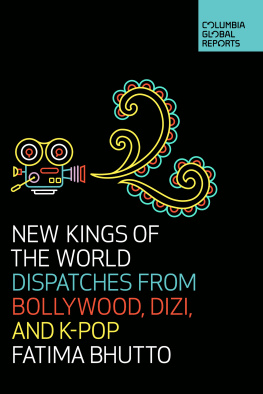
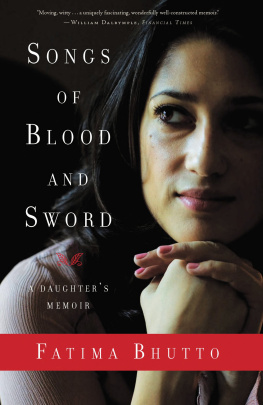

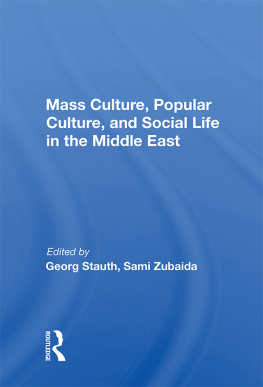
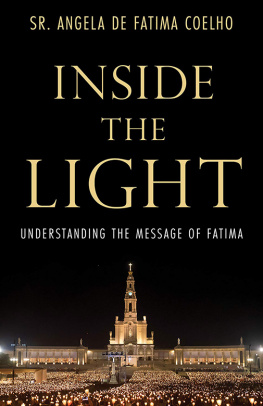

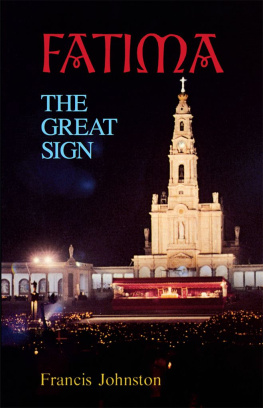
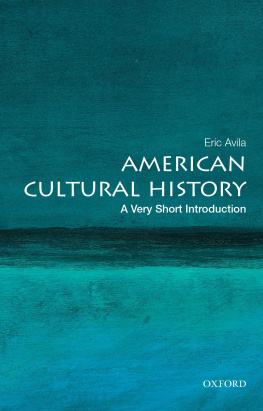

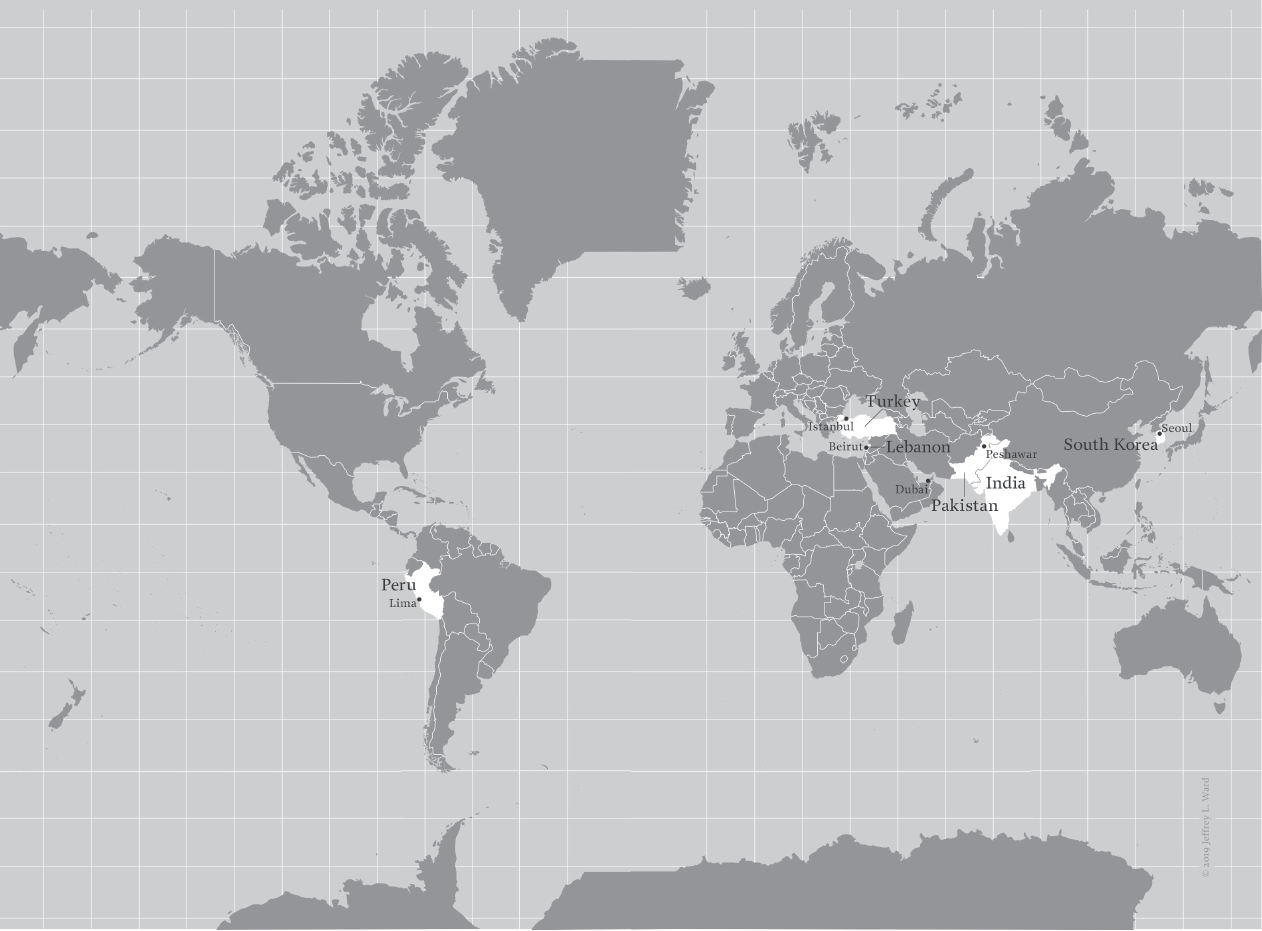
 ) is a pejorative Persian term variously translated as Westernized, West-struck-ness, Westoxification, Westitis, Euromania, or Occidentosis.
) is a pejorative Persian term variously translated as Westernized, West-struck-ness, Westoxification, Westitis, Euromania, or Occidentosis.